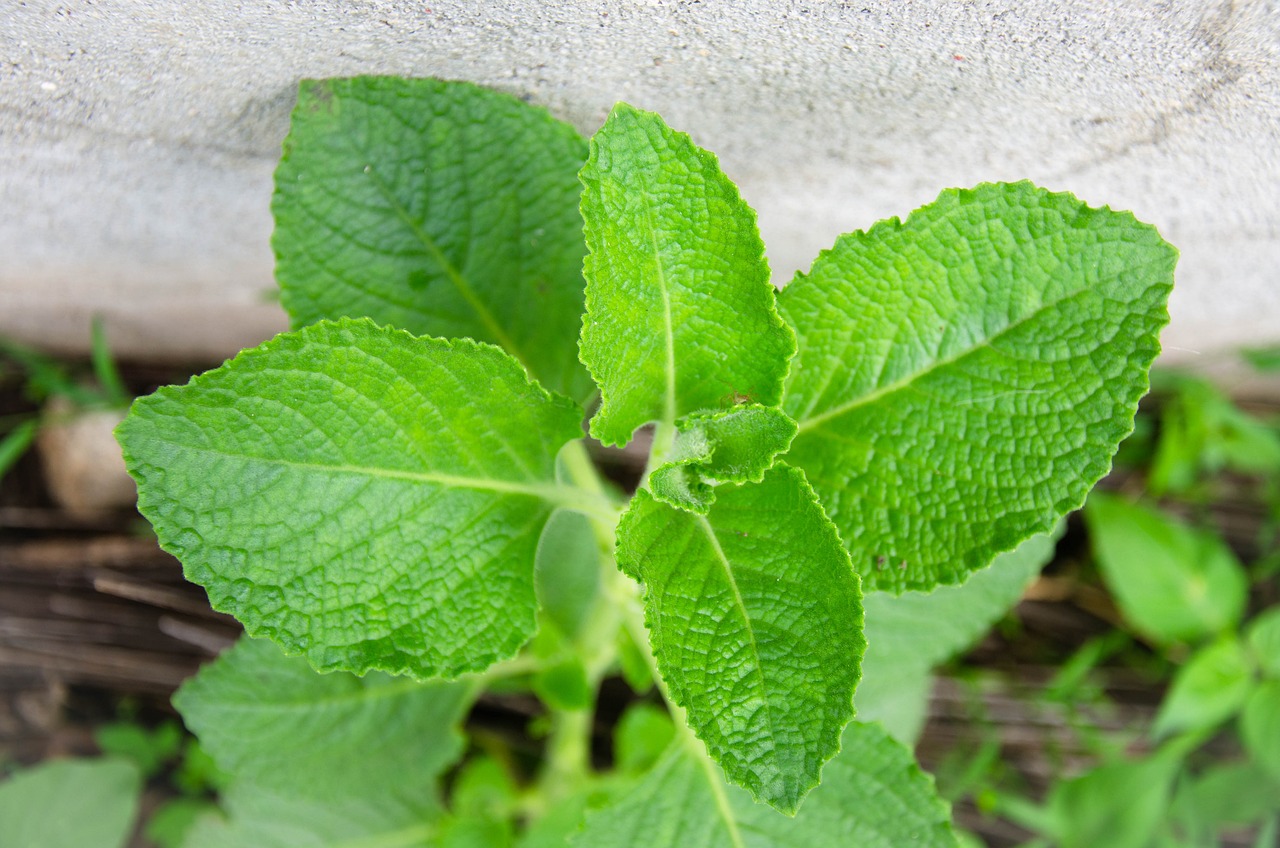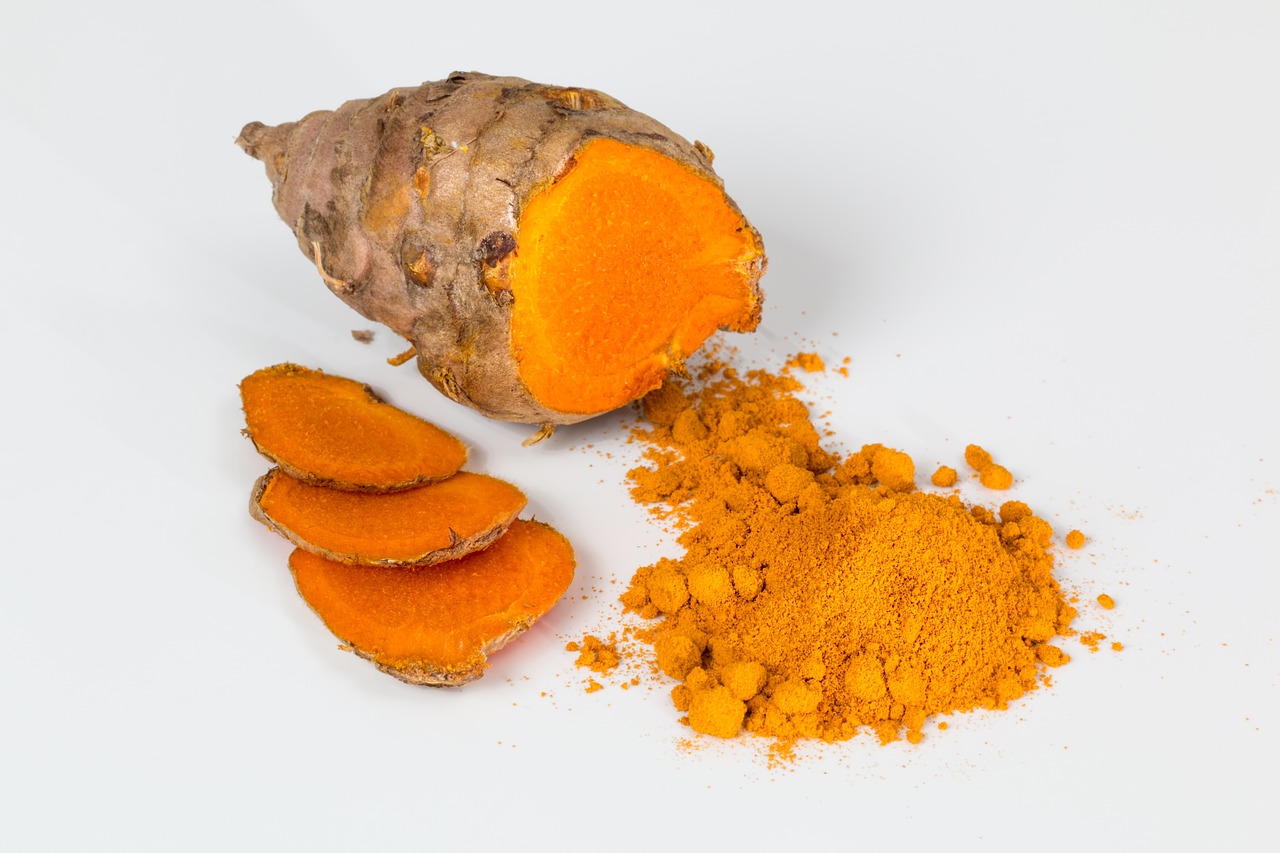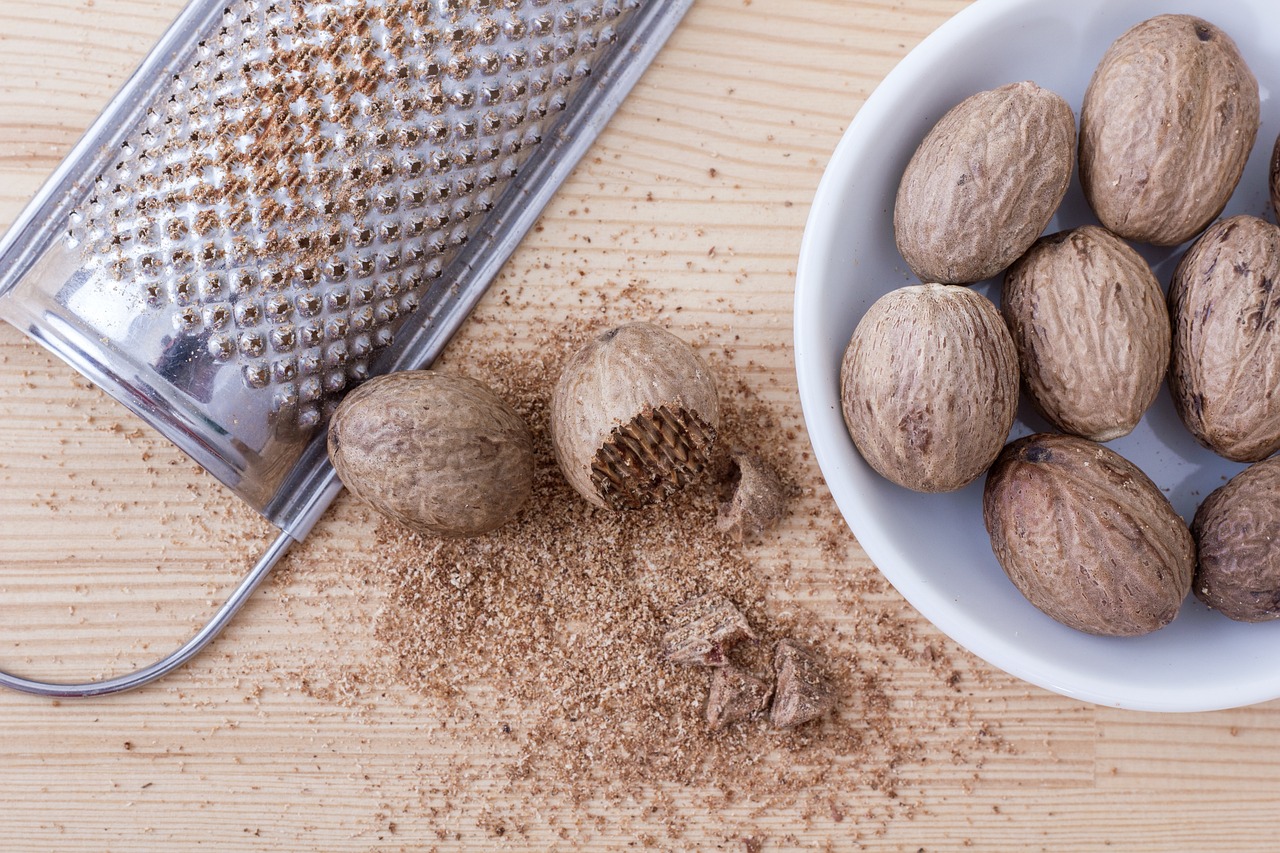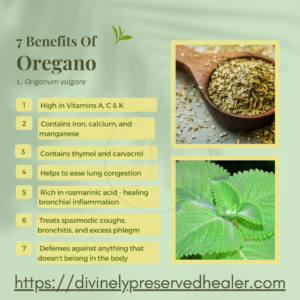 Oregano is a common ingredient in pizzas and sauces, which is high in Vitamins A, C, and K, and contains ironIron is a crucial mineral with a primary role in transporting oxygen throughout the body via hemoglobin, a component of red blood cells. This oxygen transport is vital for energy More, calciumCalcium is a vital mineral essential for various physiological functions in the body, with its primary role centered around bone health and proper functioning of the nervous and muscular systems. More, and manganese. Not to be confused with the essential Oregano oil; however, its leaves are used to make Oil of Oregano, a powerful natural antibiotic working against clinical strains of the E. coli bacteria.
Oregano is a common ingredient in pizzas and sauces, which is high in Vitamins A, C, and K, and contains ironIron is a crucial mineral with a primary role in transporting oxygen throughout the body via hemoglobin, a component of red blood cells. This oxygen transport is vital for energy More, calciumCalcium is a vital mineral essential for various physiological functions in the body, with its primary role centered around bone health and proper functioning of the nervous and muscular systems. More, and manganese. Not to be confused with the essential Oregano oil; however, its leaves are used to make Oil of Oregano, a powerful natural antibiotic working against clinical strains of the E. coli bacteria.
It contains two essential plant properties: thymol, which is extracted to produce thyme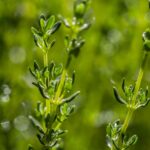 This spice loves to partner with others like rosemary and parsley, to name a few, but can stand firm on its own comes Thyme. With its warming and drying nature, More oil, and carvacrol, which is used to create the essential oil for Oregano. (Again, not to be confused with ‘Oil of Oregano’).
This spice loves to partner with others like rosemary and parsley, to name a few, but can stand firm on its own comes Thyme. With its warming and drying nature, More oil, and carvacrol, which is used to create the essential oil for Oregano. (Again, not to be confused with ‘Oil of Oregano’).
It also helps to ease lung congestion and treats spasmodic coughs, bronchitis, and excess phlegm. It’s rich in rosmarinic acid, which aids in healing bronchial inflammation.
PROPERTIES: antibacterial, antifungal, antioxidant, antispasmodic, antiviral, carminative, emmenagogue, expectorant, nervine
SOURCES:
Grogan, B. B. (2020). Healing Spices Handbook: Recipes for Natural Living. New York: Sterling.
McBride, K. (2019). The Herbal Kitchen. Newburyport, MA: Red Barren.
Webb., M. A. & Craze, R. (2000). The Herb & Spice Companion. New York: Metro Books.
